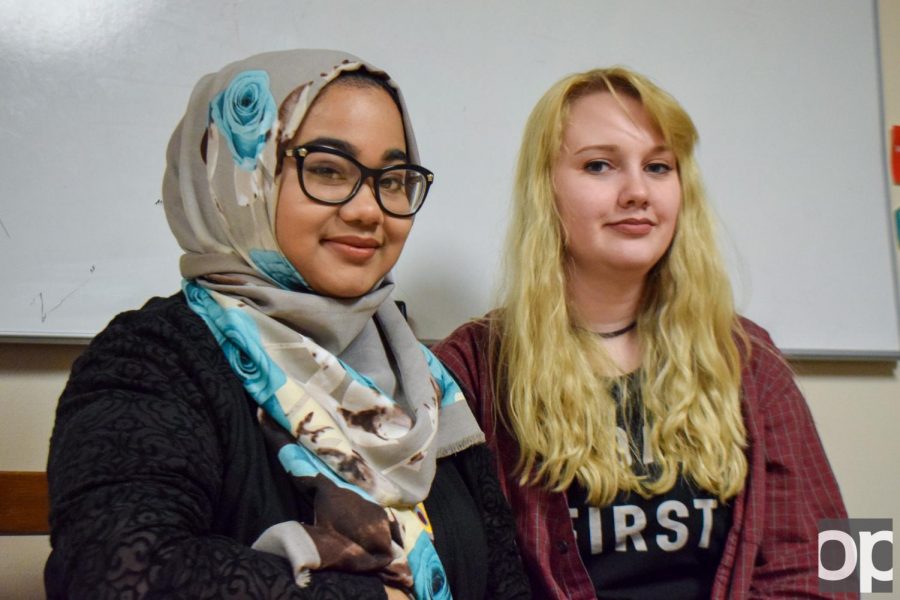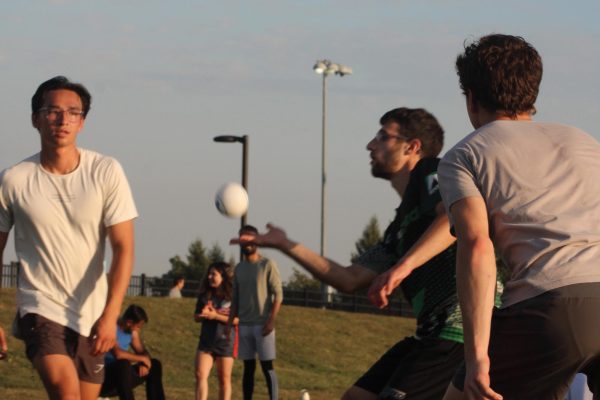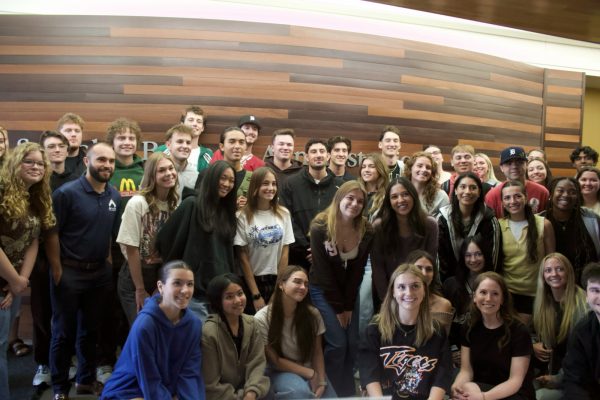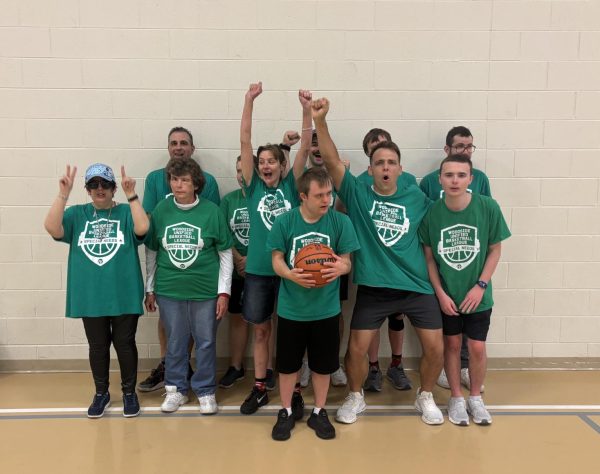Roommates of differing faiths develop close friendship
A Muslim and a Catholic walk into Hamlin Hall… This actually isn’t a joke, but rather, the reality of many Oakland University students who are assigned roommates at random. Students with diverse backgrounds are often weaved together throughout many liberal arts schools. Although joining such different people seems challenging, some students are taking the opportunity to unravel themselves and appreciate variety.
Freshmen Sheak Tasnim and Shannon Kase were immediately forced to diverge their original religious backgrounds when they were matched as roommates this past fall. Kase was raised in a Catholic household and now believes in a higher power but does not have a specific religion with which she aligns herself, while Sheak was born into a Muslim family, a faith to which she is still dedicated today. Even their homelife seemed to clash with staggeringly different dynamics, as Sheak described “a very diverse city” home to a handful of varying cultures, and Kase came from “a small town with hardly any diversity at all, religiously or ethnically.”
Sheak actually felt a great deal of reservations prior to attending Oakland because of the expected contrast between her and Kase. The political climate related to Muslims made Sheak’s transition more daunting, as “media portrays Islam as a very violent religion, but it’s actually a really beautiful and peaceful religion.” Therefore, the reactions of her roommate, a stranger to Islam, seemed like a possible diverging point.
Even initially, both parties perceived their cultural diversity differently. In fact, Kase wasn’t sure of Sheak’s name until they began living together. Sheak is a family name, similar to a last name, except it’s always placed first. Obviously, having to navigate even an array of simple differences weighed on the two, who described their meeting as “an adjustment.”
Despite their differences even on the most basic levels, they both agreed that discussing spirituality is not something they shy away from in their friendship. In fact, Sheak and Kase both said religion is a common topic of discussion between them because they have so much to learn from each other.
“We both just respect each other’s views and beliefs,” Kase said. “It’s just a difference, like having a different hair color.”
On the contrary, they attribute their friendship mostly to the similarities they’ve found rather than the differences. Over one third of adults under 30 years old do not identify with any specific religion but believe in some sort of higher power, according to NPR. Hence, the mere idea of Kase and Sheak’s diverging morals could be considered abnormal, according to social norms of our age group.
“We like to share our ideas and beliefs, and we’ve found that there are a lot of similarities between our religious backgrounds,” Sheak said.






